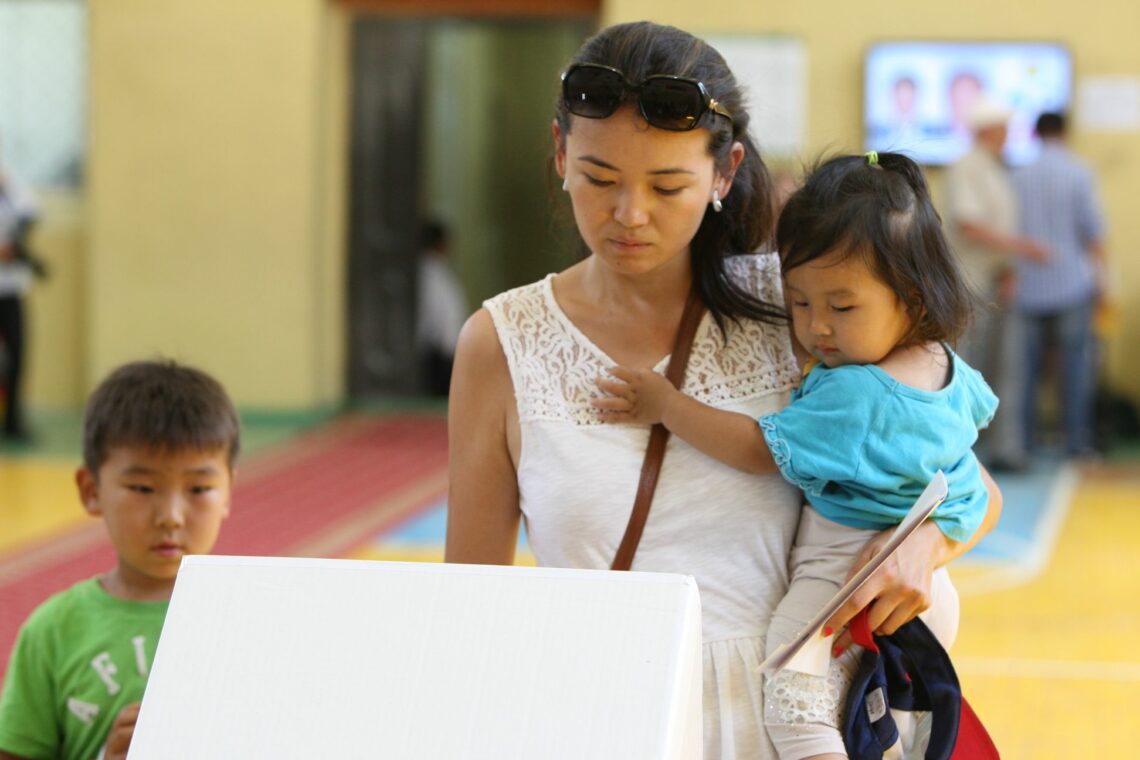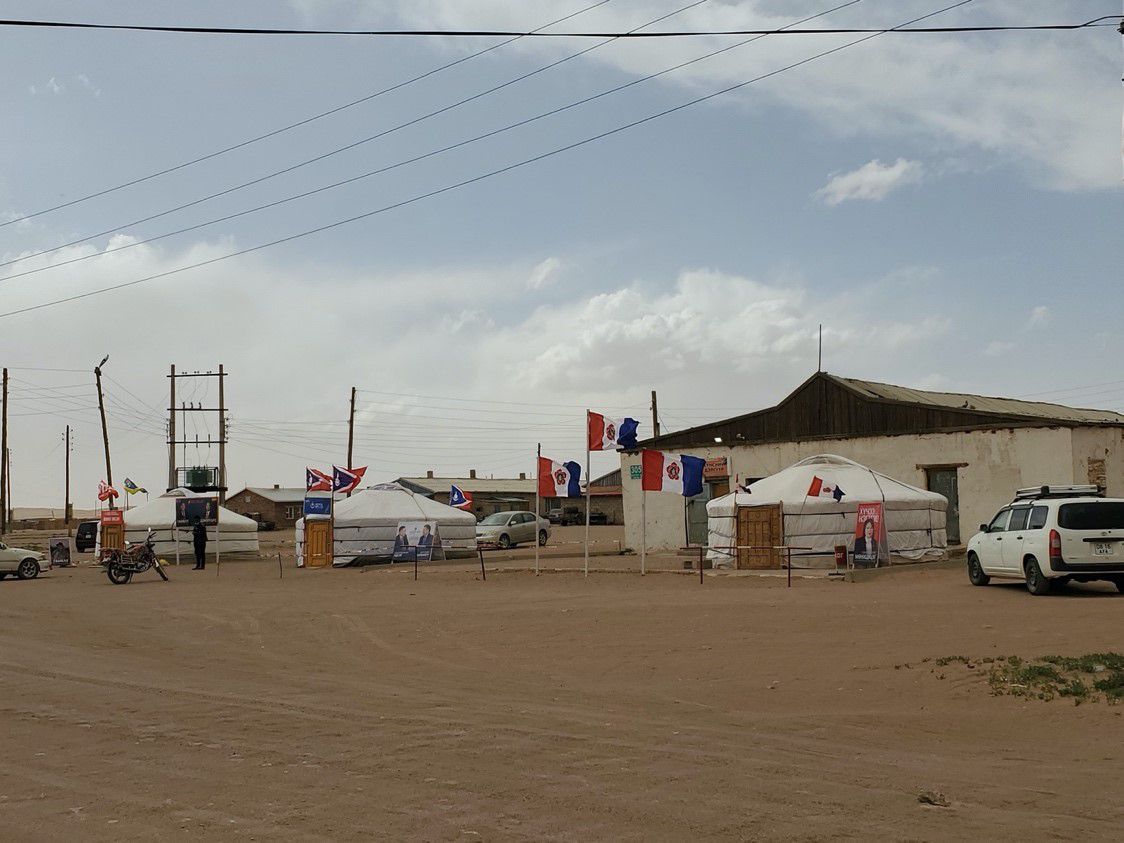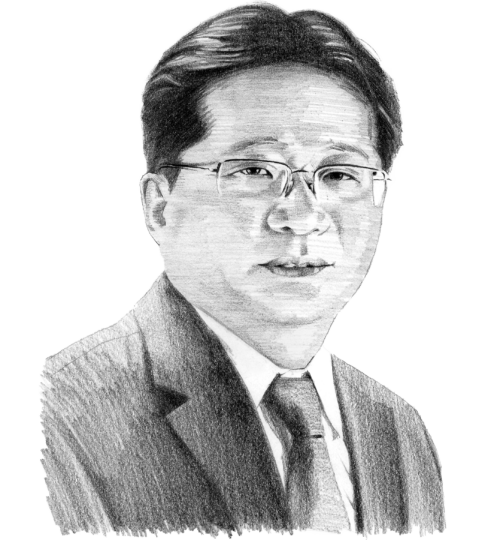Democracy alive and well in the steppes
In June, Mongolia held parliamentary elections that were widely recognized as free and fair. The country has managed eight such polls in a row – a unique achievement in its region. Nevertheless, it is clear that reforms are still necessary.

On June 24, 2020, Mongolia held its eighth parliamentary elections since adopting a democratic constitution in 1992. In total, 606 candidates competed for 76 seats in the national parliament, the State Great Khural. The Mongolian People’s Party (MPP) won in a landslide, for the second time in a row, nearly repeating its 2016 victory. It now has 62 seats in the parliament, while the Democratic Party (DP), the country’s main opposition, has 11.
The results are noteworthy for several reasons. First, all eight of Mongolia’s legislative elections since 1992 have been recognized as free and fair by the international community, including the European Union and the United States. This includes the 2008 elections, which were marred by a violent attack on the MPP headquarters that resulted in several deaths. This year, too, the international community was positive about the election process. The U.S. Department of State issued a congratulatory note.
Along with Central Europe and the Baltic states, Mongolia is one of the only countries in the postcommunist world that has regularly passed the “three free and fair elections” test, and is therefore widely considered a stable democracy. This is especially significant since its neighbors in Central Asia have not made the same strides.
Reforms needed
However, despite the progress made, the lack of reform in law enforcement and the judiciary could still pose a threat to good governance in Mongolia. Six candidates in the running, including one active member of the current parliament, were detained during the campaign. Two were independents, one was from the MPP, and the other three were from the DP. One of the independents was a former member of the MPP.
Reforming the country’s law enforcement and judiciary will be a crucial issue for the new parliament.
Any candidate running in elections has immunity against detention and prosecution in Mongolia, with some very narrow exceptions. Detentions require the General Election Commission (GEC) (in the case of candidates) or the parliament (in the case of active members) to grant consent. Neither has acted on the detentions. During the campaign, both major parties protested the arrests. After the elections, President Khaltmaagiin Battulga called for the members of the GEC to resign. Prominent legal experts said the judges that had ruled in favor of the detentions should face disciplinary measures.
Reforming the country’s law enforcement and judiciary will likely be a crucial issue for the new parliament – draft laws on judges and judicial system were already submitted to the previous legislature. Amendments to the constitution adopted last year have paved the way for a new system. They mandate, for instance, that five of the 10 members of the Judicial General Council (JGC) – the body that nominates candidates for judgeships – be directly elected among judges. The remaining five are to be nominated through open nomination hearings. The amendments also introduced other major judicial reforms.
Change comes slowly in Mongolia. The reform process involves torturous negotiations between all the branches of power, major leaders, political parties, and others. The constitutional reform lasted some 20 years. The final, most labor-intensive part of the process took two years to complete. The judicial and law enforcement changes will likely take a considerable amount of time. While the constitutional amendments were a step forward, a failure to enact further reforms would challenge the future of Mongolia’s democracy.
Political cleanup
The desire for political integrity has become a crucial factor in Mongolian politics. The MPP won by signaling its willingness to make changes in its leadership, which had been tainted in various scandals. About a third of its members of parliament were not tapped to run for reelection, and the public seems convinced that the party is determined to adopt cleaner politics. Fresh faces are now obtaining top positions across the political spectrum.

The major parties’ ideological differences are becoming less relevant. The center-left MPP had implemented some fiscally conservative policies, but then turned to aggressive social spending during the Covid-19 response. The center-right DP spent lavishly on infrastructure and subsidized housing when it was in power from 2012 to 2016. This again shows that voters are making their choices mostly based on perceptions of integrity, as well as, to some extent, local issues.
It seems that from now on, Mongolian parliamentary elections will revolve more around party leaders than individual candidates in local constituencies. After the constitutional reforms, the country seems much closer to the traditional two-chamber parliamentary system with a strong prime minister who heads the lower chamber. The prime minister has more leeway in appointing cabinet members, which can be done without presidential or parliamentary approval. The office also has stronger powers in the budget-writing process.
Direct popular election gives the president significant political clout.
The president, on the other hand, is elected by popular vote and is very much a political force to be reckoned with. In a system specific to Mongolia, he performs the duties of the upper chamber of parliament by himself. Like presidents in other countries, he can veto legislation, but his veto can be overturned by a two-thirds majority of parliament. He also nominates the prosecutor general and appoints judges.
The 2019 constitutional reforms put new limits on the president’s authority. Though parliament must still hammer out the final legislation, it is unlikely that the president will retain the power to nominate the head of the anti-corruption office and the head of the JGC.
Nevertheless, the direct popular election of the president gives whomever holds the office significant political clout. The constitutional amendments do not change that. Even though the MPP holds a parliamentary supermajority and is led by the extremely popular Prime Minister Ukhnaagiin Khurelsukh, President Battulga of the DP, elected in 2017, is a powerful counterbalance.
What happens to that balance, however, when both the parliamentary majority and the president are from the same party? Mongolia’s history shows that regardless of party affiliation, the president and prime minister rarely become close allies. Perhaps this is because neither wants to follow the other’s lead. Perhaps it is because the institutions have competing roles – though day-to-day governance is the responsibility of the prime minister, the president must also do some governing. Maybe the situation stems from the perennial suspicion that the president’s office is trying to expand its powers.
Stable, for now
For the past 30 years, Mongolia has seemingly been in a constant state of elections – the cycle starts from parliamentary elections, followed by local councils and finally followed by presidential elections. After this barrage of campaigns and voting, Mongolia is very much accustomed to organizing free, fair, competitive multiparty elections. The cycle keeps local party machinery, potential candidates and incumbents all in tune with the voting public.
However, even more than this exhaustive election process, Mongolia’s peculiar system of checks and balances has stabilized its politics and economics. The country will stay on track if it successfully curbs the undue influence of law enforcement and the judiciary.








